

Recognizing Relationship Red Flags: Identifying Toxic Traits and Warning Signs in Relationships
Estimated Reading Time: 7 Minutes
"The first step toward change is awareness. The second step is acceptance." – Nathaniel Branden
In the journey of love and companionship, recognizing relationship red flags can be a vital tool for anyone seeking a healthy and fulfilling partnership. But what exactly are relationship red flags? They are warning signs or behaviors that suggest underlying issues within a relationship. Ignoring these red flags can lead to toxic situations or even escalate into dangerous circumstances. Understanding these warning signs not only empowers you but fosters a healthier emotional environment, ensuring that your relationships remain safe and nurturing.
What Are Relationship Red Flags?
Defining Relationship Red Flags
To better understand relationship red flags, we first need to define them. Relationship red flags refer to specific behaviors, attitudes, or patterns that signal a relationship may be unhealthy or potentially harmful. They act as alerts, indicating that something is off—ranging from subtle manipulations to overt mistreatment. Recognizing these relationship red flags is crucial; it equips you with the knowledge to make informed decisions that can prevent emotional or physical harm from occurring. If you spot any of these signs, it’s essential to address them as soon as possible to avoid escalation.
The Importance of Recognizing Red Flags Early
Preventing Toxic Situations
Identifying red flags early can significantly help in preventing the development of toxic traits in relationships. The significance of early recognition cannot be overstated: it not only safeguards emotional well-being but also heightens personal safety. When individuals possess awareness of their relationship dynamics, they can take proactive measures to foster healthier interactions. In essence, awareness leads to action—and healthier relationship dynamics emerge from that.
Identifying Common Relationship Red Flags
There are several behaviors that consistently appear as common relationship red flags. Recognizing these signs can be your first step toward healthier connections.
Lack of Communication
Poor communication is one of the most prevalent red flags in relationships. If one or both partners avoid discussing problems, refuse to talk about necessary topics, or shut down conversations, healthy communication breaks down entirely. Unresolved issues linger in such environments, creating a rift that can grow larger over time.
Controlling Behavior
Controlling behavior manifests in many ways. This may include dictating who you can see, what you wear, or even how you spend your time and money. Other signs can involve monitoring your phone or social media accounts or isolating you from friends and family. All these behaviors are clear indicators of more serious issues, representing toxic traits within the relationship.
Inconsistent Behavior
Frequent mood swings or sudden changes in attitude can create an unstable environment, leaving one partner feeling anxious and confused. Inconsistency can signal deeper issues and erode trust within the relationship. If behaviors feel erratic or unpredictable, they may be warning signs in relationships that shouldn’t be ignored.
Disrespectful Comments or Actions
Constant criticism, insults, or belittling remarks can greatly undermine self-esteem over time. If your partner often makes you feel small, it's a clear indicator of disrespect. Healthy relationships are built on a foundation of mutual respect, and lacking this essential component can serve as a major red flag. (Source)
Understanding Toxic Traits in Relationships
Defining Toxic Traits
Toxic traits represent harmful patterns of behavior that can undermine a healthy partnership. Understanding how these traits manifest can help both partners recognize and address the issues that arise. Being aware of toxic traits is an essential step in maintaining a nurturing relationship environment.
Examples of Toxic Traits
Jealousy
Jealousy can sometimes stem from normal feelings, but when it shifts into obsessive monitoring or unfounded accusations, it becomes a serious concern. Such behavior can ruin trust and hinder independence, leading to a toxic atmosphere. (Source)
Manipulation
Manipulative actions like giving the silent treatment, guilt-tripping, or making a partner feel responsible for their happiness often create confusion and codependency. Being aware of manipulative behaviors is essential for both partners in encouraging a healthy partnership. (Source)
Lack of Accountability
Individuals who refuse to take responsibility for their mistakes or always play the blame game may signal a troubling dynamic. A healthy relationship thrives on accountability and mutual growth, and lacking this crucial element can spell trouble. (Source)
Warning Signs in Relationships
Going beyond the classic red flags, several additional warning signs in relationships indicate deeper issues.
Frequent Arguments or Conflicts
Frequent arguments that remain unresolved often reflect underlying issues that need addressing. If conflicts keep arising, consider them warning signs in relationships that something isn't right. Effective conflict resolution is not just important; it’s essential. (Source)
Emotional Withdrawal or Detachment
Behaviors like withholding affection or resorting to the silent treatment to punish or control can create a toxic atmosphere. Such actions signify emotional withdrawal, damaging the emotional intimacy that is central to any healthy connection. (Source)
Sudden Changes in Behavior or Attitude
A sudden shift in your partner's behavior might signal a loss of interest, betrayal, or other underlying problems. Addressing such changes promptly is essential to safeguarding your relationship.
Dishonesty or Lack of Transparency
If a partner frequently lies about small or significant matters, it erodes trust. Trust is a crucial element in any partnership, and when it’s compromised, it can lead to bigger issues down the line.
How to Approach Relationship Red Flags
How you address relationship red flags is equally important as recognizing them:
Initiate Open Conversations
When it comes to sensitive topics, initiating open conversations is crucial. Approach your partner calmly, using "I" statements to express your concerns without sounding accusatory. Avoid blaming language, as that can heighten defensiveness.
Set Boundaries
Establishing clear boundaries that both partners understand can prevent potential conflicts. This includes communicating what behavior is acceptable and what the consequences will be if boundaries are crossed. (Source)
Seek Support
Don’t hesitate to seek external support from trusted friends, family, or even professionals. Their perspectives can help you gain clarity on your situation. (Source)
Reflect on Your Own Behavior
Ensure you're not contributing to the problem. Reflect on your actions and communication styles, and consider whether you might unintentionally be exacerbating tensions. This self-awareness can be key in improving relationship dynamics. (Source)
Prioritize Safety and Well-being
If red flags persist or escalate, it might be time to consider stepping away from the relationship. Protecting your emotional health is paramount, and seeking professional help or counseling could provide the support needed in navigating challenging dynamics. (Source)
Conclusion
In summary, recognizing relationship red flags and understanding toxic traits within a partnership is vital for fostering healthy, respectful, and supportive bonds. Trust your instincts; if something feels wrong, it likely is. Remember to prioritize your emotional safety and address concerns directly. Seeking help is a strength, not a weakness. Early intervention can lead to better outcomes, enabling you to build meaningful and lasting connections. (Source)
If you've noticed troubling signs in your own relationship, consider reaching out for support. Your emotional well-being is invaluable, and you don’t have to navigate this journey alone.
Additional Resources
- Relationship Counseling Services: Seek out qualified counselors or therapists who specialize in relationship dynamics.
- Online Platforms for Mental Health Support: Don't hesitate to utilize reputable websites and hotlines, such as the National Domestic Violence Hotline or mental health organizations.
- Recommended Readings on Healthy Communication and Boundaries: Consider books like "Boundaries: When to Say Yes, How to Say No to Take Control of Your Life" by Dr. Henry Cloud and Dr. John Townsend.
- Credible Online Resources: Trusted websites like OpenUp, Verywell Mind, and My Sister's Place can provide further guidance.
Note on Utilizing Resources
As you navigate through your relationships, remember there are many resources available to assist you. Educating yourself can empower you to make healthier choices and foster connections that are supportive, nurturing, and respectful.
Relationships Mental Health Emotional Well-being-
 What to include in my Wedding Website
What to include in my Wedding WebsiteDream Wedds
-

-

-
 How Engagement Party should be celebrated
How Engagement Party should be celebratedLeonard Bernstein
-
 Elevate Your Haldi and Mehandi Ceremony Glam
Elevate Your Haldi and Mehandi Ceremony GlamNeeraj Singh
-

-

-

-
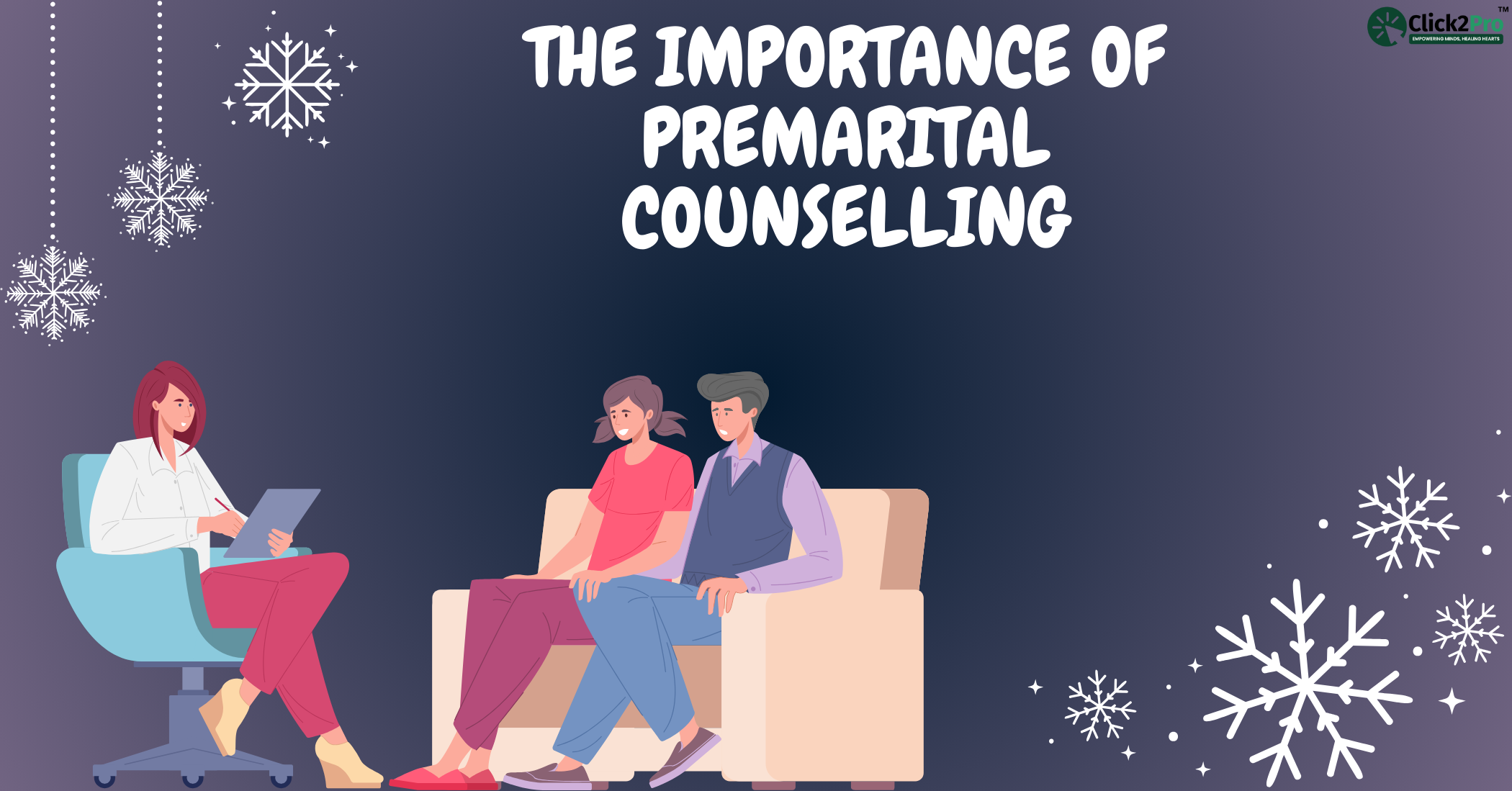
-

-
-

-

-

-
 YOUR BIO AND HOW WE MET
YOUR BIO AND HOW WE METLeonard Bernstein
-
 The Ultimate Wedding Planning Checklist for Indian Weddings
The Ultimate Wedding Planning Checklist for Indian WeddingsSimranpreet Singh
-
-
 A Guide to Health, Wellness post Marriage
A Guide to Health, Wellness post MarriageSaujanya Bose
-

-
-

-

-

-

-

-

-

-

-
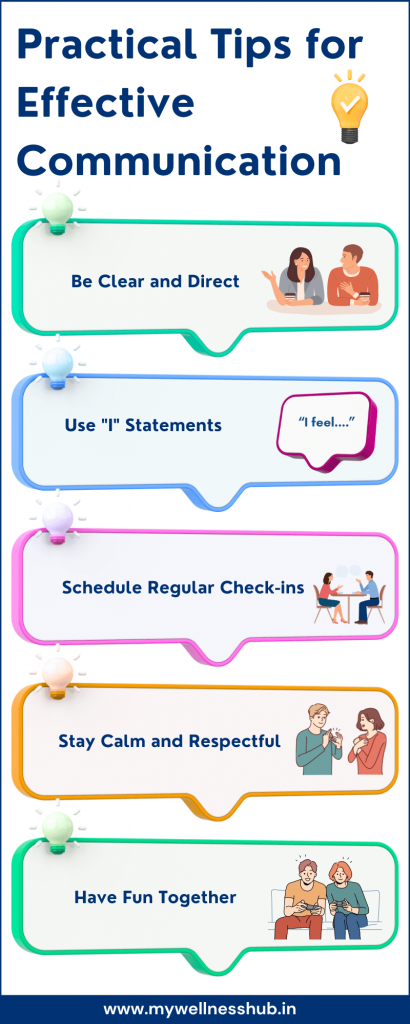
-

-

-
-

-
 Personal Space: The Key to a Healthy and Balanced Marriage
Personal Space: The Key to a Healthy and Balanced MarriageDreamWedds Team
-

-
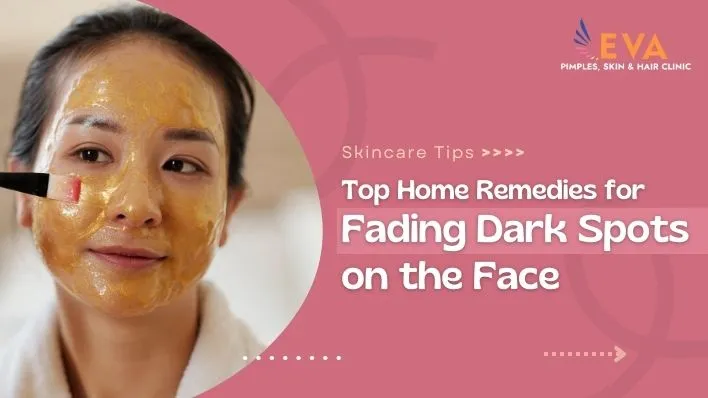 Fade Dark Spots: Natural Remedies and Tips for Clearer Skin
Fade Dark Spots: Natural Remedies and Tips for Clearer SkinDreamWedds Team
-
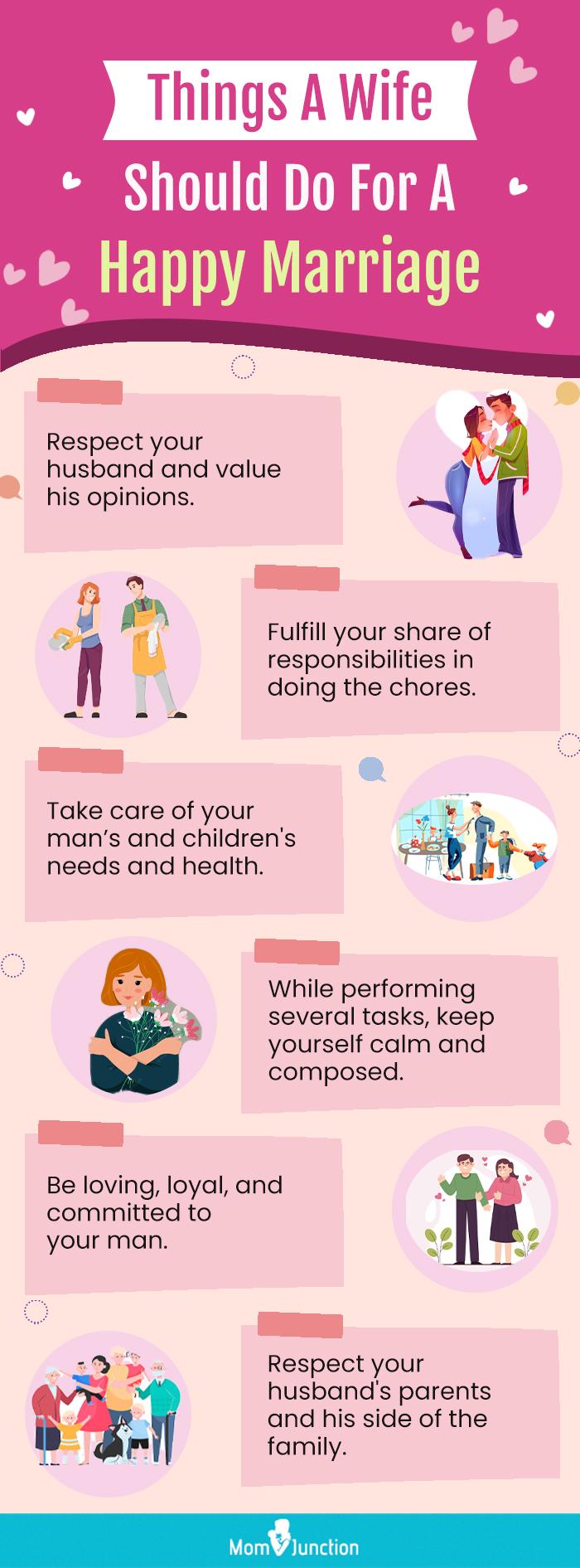
-
 Selecting the Perfect Foundation Shade: Your Ultimate Guide
Selecting the Perfect Foundation Shade: Your Ultimate GuideDreamWedds Team
-

-

-

-

-
 Health and Wellness for Brides and Grooms
Health and Wellness for Brides and GroomsDreamWedds
-

-
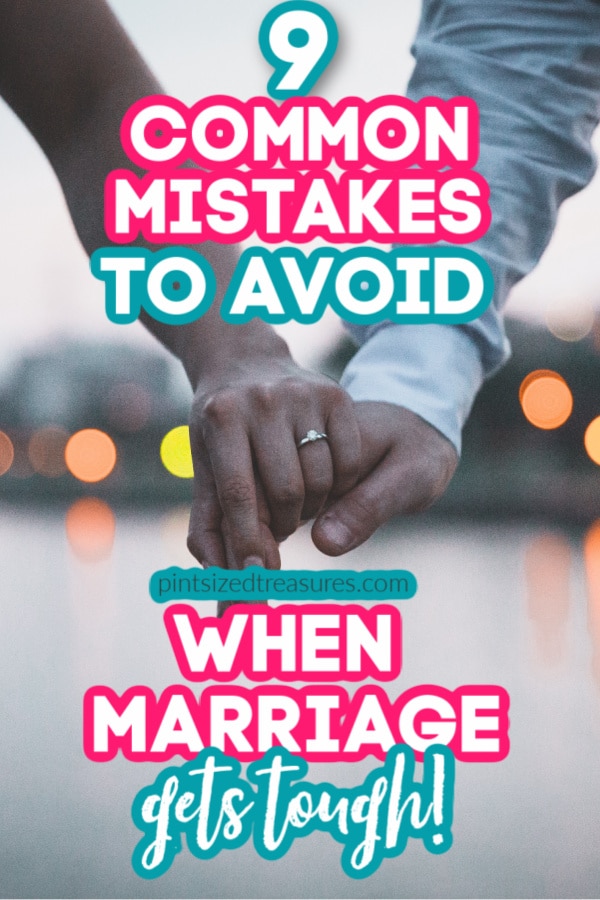
-
-

-

-

-
 The Ultimate Guide to Achieving Long-Lasting Bridal Makeup
The Ultimate Guide to Achieving Long-Lasting Bridal MakeupDreamWedds Team
-

-

-
:max_bytes(150000):strip_icc()/Kitzcornermedium-c9abd848ea634040a06bb6db8b8a7304.jpg)
-

-

-

-

-
 Makeup Basics: Essential Cosmetics Every Beginner Should Own
Makeup Basics: Essential Cosmetics Every Beginner Should OwnDreamWedds Team
-

-

-

-

-

-

-
-

-
 Virat & Anushka: A Fairytale Wedding to Remember!
Virat & Anushka: A Fairytale Wedding to Remember!Yashashvi Mathur
-

-

-

-
 The Importance of a Bridal Makeup Trial for Your Wedding Day
The Importance of a Bridal Makeup Trial for Your Wedding DayDreamWedds Team
-

-

-
 Effective Natural Skincare Remedies to Reduce Pore Size
Effective Natural Skincare Remedies to Reduce Pore SizeDreamWedds Team






